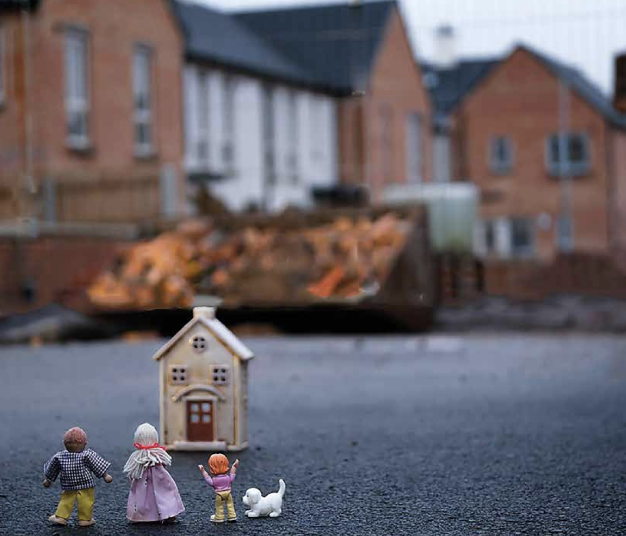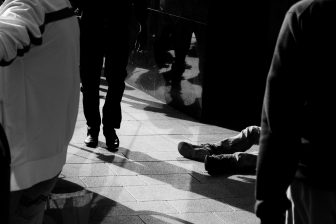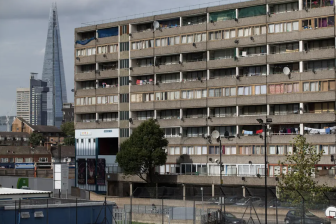
Northern Ireland Children’s Commissioner: ‘We must do much more for our young people’
An absolute ‘basic minimum’ is not being done to support children and young people in Northern Ireland, according to a new report.
Koulla Yiasouma, Northern Ireland Commissioner for Children and Young People, says that while most children live in adequate housing, there remains ‘a long way to go’ to achieve this for all young people.
A Place to Call Home, produced for the commissioner by Queen’s University, features interviews covering three key themes: families with children who, whilst they may have a roof over their head, have had to wait for years for a home; young people (18-21) who have a disability or have been looked after -who describe the difficulties they had getting settled, and the inability of services to meet their needs – and families seeking asylum.
Individuals and families who find themselves homeless in NI can go to the Northern Ireland Housing Executive (NIHE) for help to access social housing. NIHE says that nearly a third of homeless households include young people aged under 18.
In the first half of 2022, households and families accepted as homeless in NI included 3,495 children. In July 2022, 3,913 children aged under 18 were living in temporary accommodation in NI, up from 2,433 in January 2019.
Koulla Yiasouma said: “As I read the report, I realise how much many of us take for granted. We have a place to sit down and spend time with family and space for each of us to be on alone with the security of knowing that it will be there tomorrow, and the day after and into the future.
“Housing and homelessness were not initially one of my priorities for NICCY during my first years as Commissioner but when visiting schools, particularly primary schools’, children talked about their concern for homeless people. They could see them in towns and cities across Northern Ireland and they were very worried about children in such situations.
“So, it was children who insisted that we interrogate this issue further and this report and the scoping study that preceded it demonstrates how right they were.”
Some of the interviews highlighted in the report make for difficult reading. Take the example of Claire, 18, who said: “I’m just grateful for anything to be very honest. Just somewhere that I can settle down and call my own, decorate it my own, you know, be my own person.”
‘It was like arrest because we couldn’t go outside’
One mother, Majeda, said: “One room, big room, three beds inside, and small window, but it was like arrest because we couldn’t go outside. We were very far away from city centre, we couldn’t, we hadn’t money to…to go like by bus. We hadn’t because no cash.”
The commissioner’s report recommends, among other things, that NIHE and the Department for Communities (DfC) must ensure they’ve considered the rights of children and young people using Child Rights Impact Assessments when developing housing policy and solutions.
One other key recommendation is for better data on the scale and nature of hidden homelessness among young people, to inform planning of supports and services, and facilitate targeted awareness raising of services among at risk groups.
Commissioner Yiasouma added: “The right to family life and an adequate standard of living is the basic minimum a child should expect from that state. Children cannot learn at school and will have poor health and well-being outcomes if they do not even have the basic minimum of a decent place to live. This report demonstrates that in NI we still have a long way to go to achieve this.”




